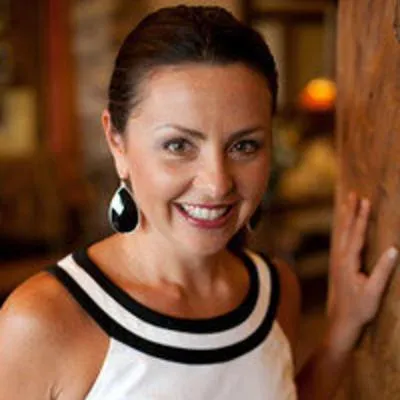Slack.
It's been seven years since Robert Putnam published Our Kids, a book that laid out a lot of depressing evidence that the wealthy of this country are, in every way, leaving the poor behind.
One of the things that wealthy families have that poor families do not is what you can think of as either a big web or a large account of social capital. It's a web of connections, the ability to call a guy, the chance to get some slack in a difficult situation. You can think of it as privilege or social capital or simply the power of family reputation.
It shows up in a variety of ways. Some are extra bonuses, like having the right web of connections to get your kid extra help with an area of his or her interest (Little Pat is suddenly interested in widgets, and I know a guy who runs a Junior Widgeteer Club). Some are the chance for a do-over--Pat steals money from the school concession stand, but people decide to give Pat a second chance.
When you're a kid, you learn about slack pretty quickly. I was halfway through high school when I realized that I was coded as a Good Kid and could wander the halls and skirt rules in ways that some of my peers could not.
Some students get slack. They get extra opportunities and extra chances to bounce back from mistakes.
And the thing is, schools can give that kind of slack to everyone. From the classroom to the front office, schools can extend slack to each and every student no matter the circumstance.
Mind you, nobody should get infinite slack. I always told my students that I would trust them until they proved to me that I couldn't, and every year there were a couple who proved to me that I couldn't give them slack.
But you have to start with the slack. Even if you have Heard Things about that kid. Even if you remember How Their Older Sibling Was, or you've lived around the community long enough to know about the Parental Units' various failings.
It's exhausting and wearing to live your life as if you are just one misstep away from disaster and loss. It's hard to fix that in the world at large, but not so hard to fix it inside a school.
That means cutting slack for getting work done, for minor misbehavior, for being surly and uncooperative, for not Getting It yet, for violating some rules. It means not getting pissed at a student for what you imagine they're probably going to do. It doesn't mean a license for assault or otherwise creating an unsafe environment for teachers and other students.
There are many ways in which we cannot give some students the kinds of privileges that come with wealth and station and, well, privilege. But you can treat every single student as if they are from a wealthy, upstanding family.




